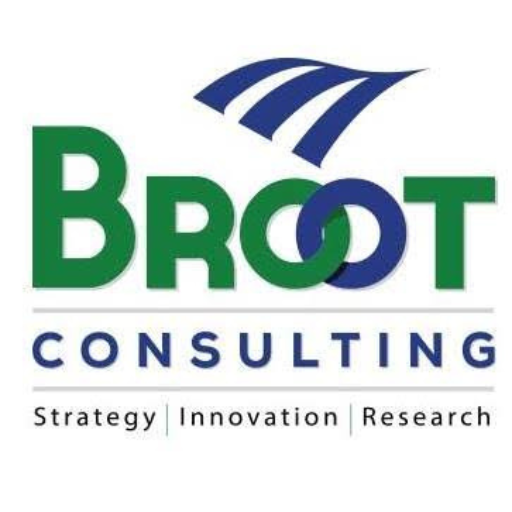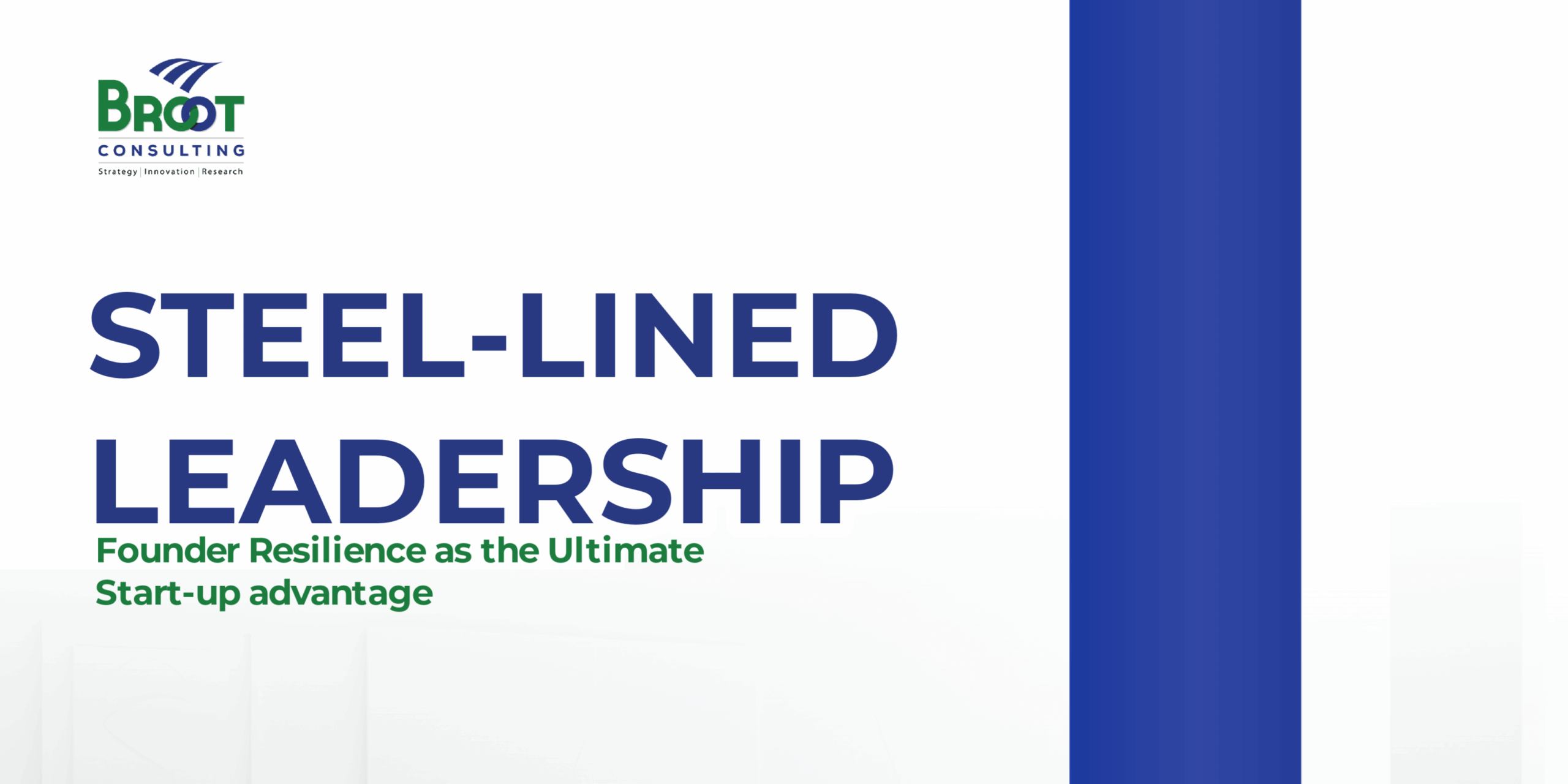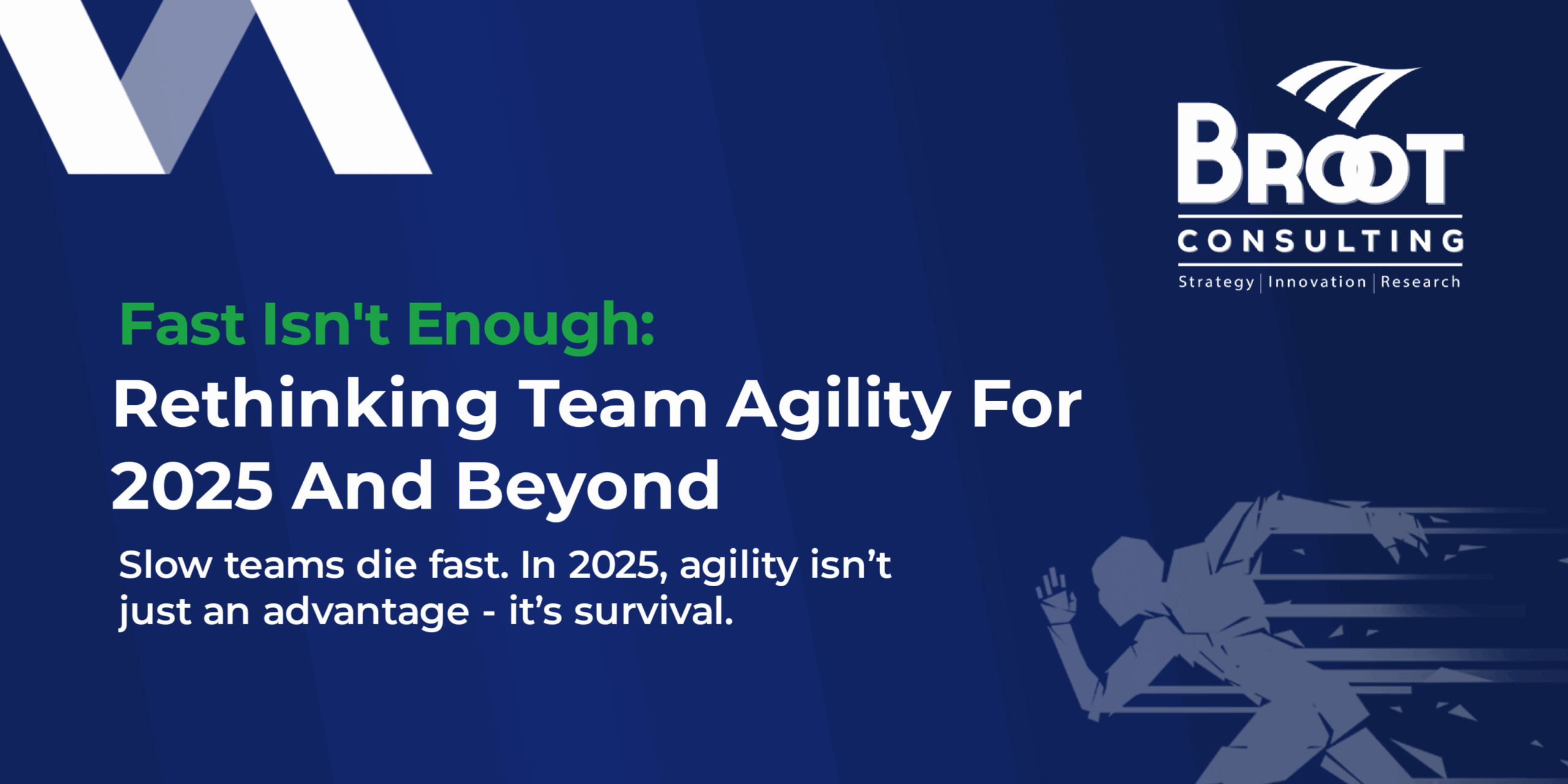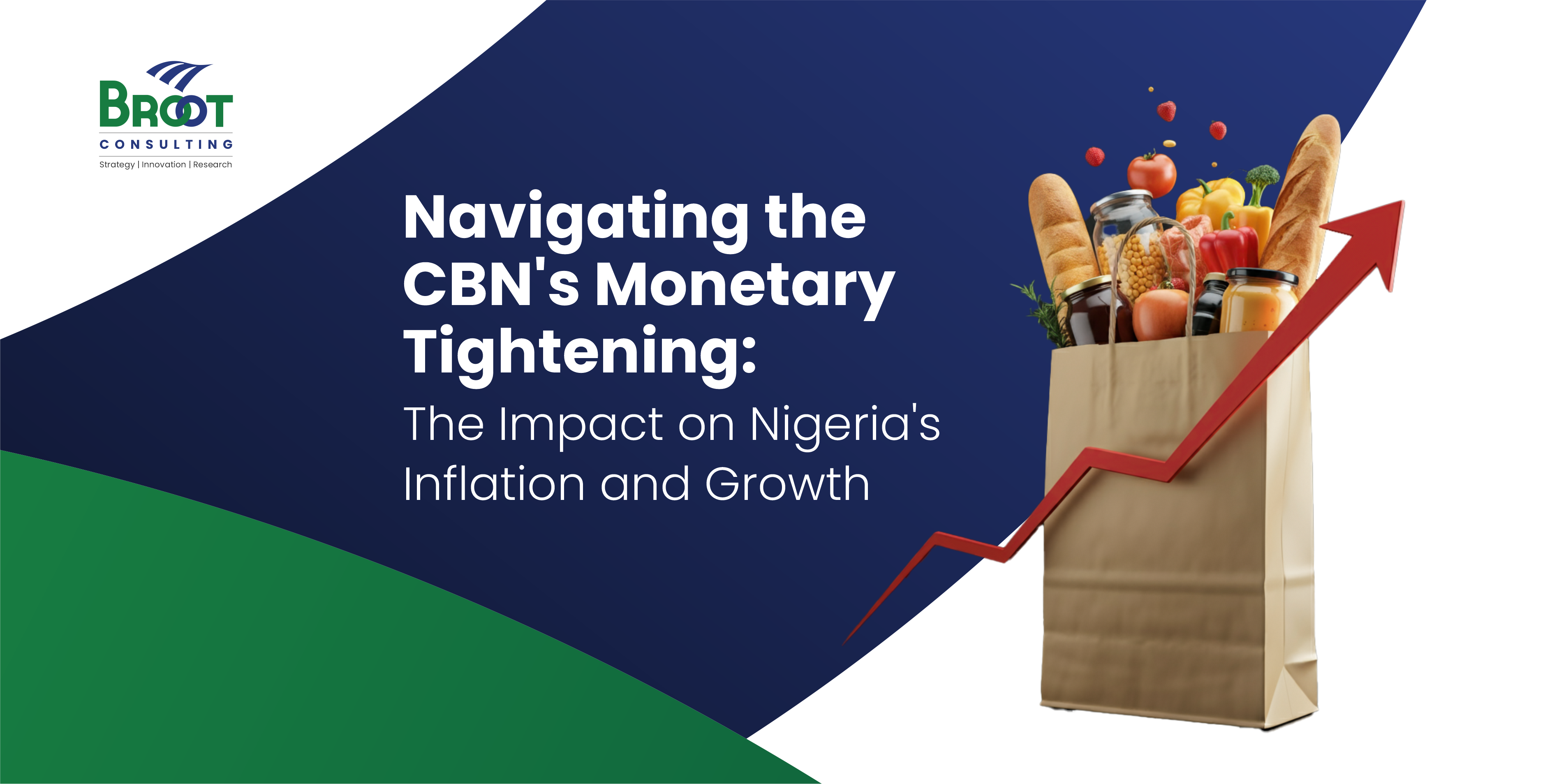Business philosophy: The Secrets to Sustaining Achievements and Defying Gravity in Business
It happened. Four people were able to defy the laws of gravity on a liquid medium without any technologically aiding device. The first was screaming and rejoicing as he was repeating the feat. The second was so sure that he was dreaming that he just waited to wake. The third called the world to himself and built an edifice there.
The fourth man rejoiced at the feat, and then he gathered himself together and started to think about the possibilities of flying. The thought of achieving the impossible thrills every imaginative mind, but life has revealed time and time again a significant problem, not with achieving the impossible, but with managing the aftermath.
As a student what do you do after setting an unprecedented academic record? For a career person, what is next after you have climbed to the topmost position of the multinational, and for a business, what do you do after toppling an impossible market leader? Sometimes we want to do something exceptional; we desire to defy the law of gravity, disrupt the market and leave the established corporations wondering what just happened. Having achieved this great success, then what? Unfortunately, disruptions occur in cycles, and it is always sweet for the disruptors until they equally get disrupted. There are a few reasons this happens very quickly.
Business philosophy: Poor Preparation for the Aftermath of Success
Many times we are so focused on achieving our goals that when we eventually do, we find out that we were never really prepared for its reality. One may have conquered the world but that same accomplishment, if not well managed, can quickly backfire. I was a great admirer of AOL (American Online) and its founder, Steve Case. The company founded in the early 90’s was like the Google of our time. It was one of the most admired companies and one of the best to work for in the United States. Steve Case achieved unprecedented success on the way to make AOL central to people’s lives just like the telephone or television, but it never arrived. The company that bought Time Warner lost all its glory and glamour.
Great idea, Poor insight:
Idea sometimes is not enough to sustain success. If it were, Kodak, the American giant film manufacturer will still be alive today. They had great ideas about the digital camera but poor insight to know that it was the future of photography and make plans accordingly. The digital camera is still much in use today, but handheld devices like mobile phones are conferring on people the ability to take amazing pictures, with time, mobile phones could disrupt professional photography and render digital camera obsolete.
The business model of Research In Motion, the producer of Blackberry failed and their product which was was once the toys of the big boys in business and politics lost significant market share.
Passions and Visions are not Enough:
In the record of failures of successful organizations, the founders usually have incredible passion and vision but poor structures and weak foundations. Like the wise saying in the old book, a wise man builds his house on the rock and the foolish on the sand. Great vision without strong organizational structure is like building a castle on sand. When the storm (disruptive innovations) comes, the castle will tumble. Great passion and unique vision must be supported with excellent structure.
Incredible Result is not Enough:
The traditional performance metrics are sometimes as good as they appear on the paper, but a good leader must look beyond the surface, dig deep to uncover customer value proposition and understand the job that the customer wants to be done. Yes, you have consistently recorded incredible results, but you need to begin to think of other possibilities and what else you should do to build on your accomplishments — there is never a pinnacle — the horizon always moves forward, and you have got to figure out the next height.So, if you can walk on water — whatever it is to you, don’t be lost in the overwhelming sense of achievements or success. It may be the time for you to:
Engage in deep reflections:
You need to sit down and think about how you were able to achieve the impossible and take lessons. You may want to consider an evaluation of your business model. Many organizations are not conscious of the fact that business model innovation could deliver 25 times the competitive advantage that they will get from product and process innovation. According to the Board of Innovation, only 17% of the companies have looked at their business model and compared it with their competitors.
Be a step ahead of solutions and breakthrough:
Unforeseen circumstances come in two ways. Popular opinion has focused on only the negative side for too long, and today, many are only armed with the resources of handling the unfavorable. In fact, they are so focused on this that they are clueless when something else happens. Don’t get me wrong, it is excellent to be a step ahead of problems and breakthrough, but if you want to be phenomenal, you must sharpen the skill to be one step ahead of current solutions and discoveries.
Right strategy or right weapon:
 The marketplace demands that the business must have both. The right strategy comes in form of the business model, and the right weapons are found in innovative products and services. Business philosophy is ripe with strategies for achieving the impossible. A lot has been left unsaid about the managing the aftermath of great successes.The primary lesson is to constantly ensure that you are properly positioned for the change that may happen in your area of influence and that you have the courage to uphold customers’ value propositions constantly. Always remember that no corporation is too big to fall or fail.There is always the need for constant rejuvenation with the zeal of a startup. With new achievements come new responsibilities. In today’s knowledge economy, there are a lot of unknown competitors. Your next challenger may be the college students who are just experimenting in their dormitory rooms.
The marketplace demands that the business must have both. The right strategy comes in form of the business model, and the right weapons are found in innovative products and services. Business philosophy is ripe with strategies for achieving the impossible. A lot has been left unsaid about the managing the aftermath of great successes.The primary lesson is to constantly ensure that you are properly positioned for the change that may happen in your area of influence and that you have the courage to uphold customers’ value propositions constantly. Always remember that no corporation is too big to fall or fail.There is always the need for constant rejuvenation with the zeal of a startup. With new achievements come new responsibilities. In today’s knowledge economy, there are a lot of unknown competitors. Your next challenger may be the college students who are just experimenting in their dormitory rooms.
They may not have the clout or resources that you possess, but this does not make them less dangerous. Their greatest asset is that they have nothing to lose because they are just having fun. You have to watch out for their fun and play could get you disrupted when they develop products or services for the usually overlooked, underserved or unserved market.
The market, like life, is in a constant state of flux. They have said that the only thing that is permanent is change so while you are defying the odds today, consider the future. Somehow, somewhere, competitors and rivals are working on the other side to change the status quo and drag you under the water.
Sustaining your position calls for constant organisational renewal, self-reflection, and the taking of realistic inventory, especially when you consider the fact that a company with stalled growth rate only has 6% chance of re-accelerating its growth and less than 10% of companies will achieve and sustain a growth that creates above-average shareholder returns.
A great accomplishment shouldn’t be the end of the road, just the starting point for the next leap forward — Harvey Mackay
Organization leaders recognise the need for innovation and many have spent huge resources on failed innovation. According to a research by The Harvard Business Review, 90% of all company innovation projects will die after their 90th day of life. It has to be done right.






